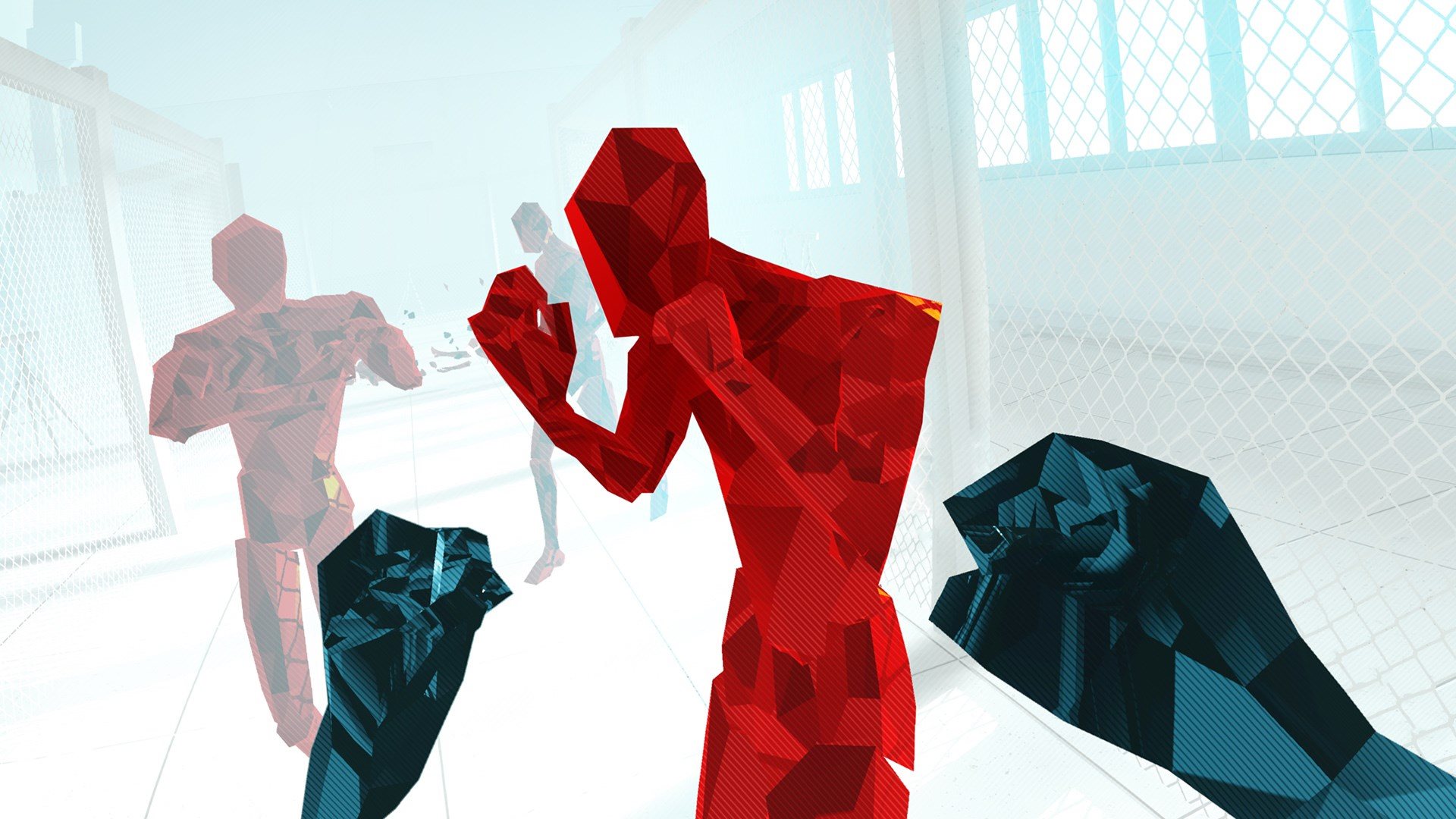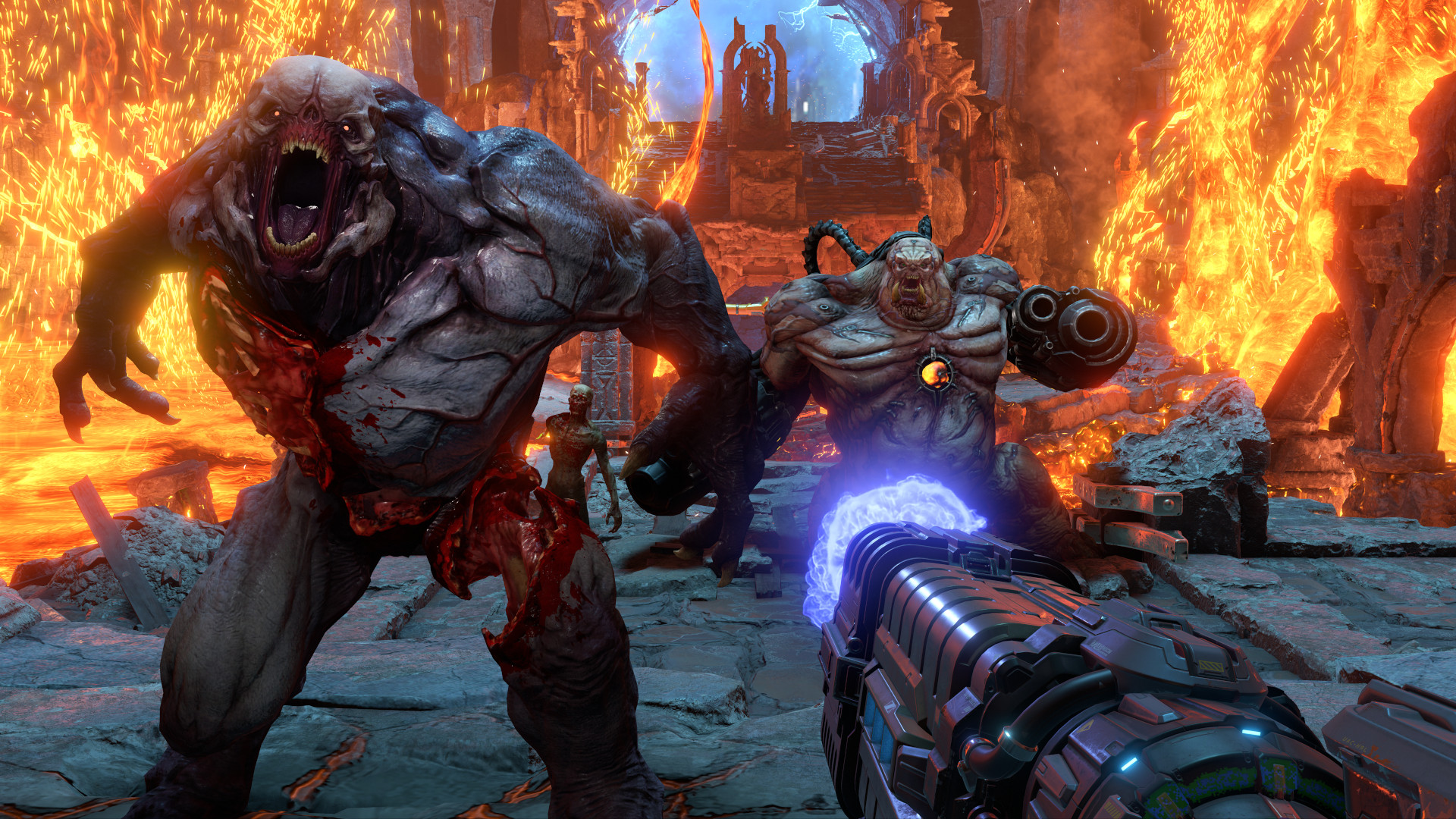Will 5G really revolutionize VR? Oculus isn't so sure
Not the future of VR, apparently

Excited for 5G? There's been a lot of hype around the potential of the next wave of network speeds, and the repercussions of exponentially faster transmission speeds for data. When it comes to 5G's impact on VR, though, Oculus CTO John Carmack isn't holding his breath.
Addressing the congregation of developers, press, and VR enthusiasts gathered at the OC6 (Oculus Connect 6) conference in San Jose, Carmack stated that "We always get asked about 5G, how is 5G is going to impact VR. And that mostly comes from [people working] in 5G who want some awesome, magic hook for why people should want 5G."
Carmack adds that 5G providers are "in the tough situation of trying to make it seem different and new, but all they have is more bandwidth."
- 5G: everything you need to know
- What are the best VR games?
- And what are the best VR headsets to play them on?
Carmack acknowledges the improved data speeds and how that could improve video streaming, saying that "You could lean in to it and have really awesome and immersive video streaming. But [5G] doesn’t have a unique quality to it; it’s just a better pipe."
Hold your horses
It's an interesting take from the Oculus CTO, who has been a high-profile face for the burgeoning VR industry, not least because of his history at Id Software and hand in creating such long-running video game franchises such as Doom, Quake, and Rage.
There has been a lot of hype around the potential of 5G on VR, with Qualcomm predicting a 10 times decrease in latency over 4G, and Sol Rogers, CEO of REWIND telling TechRadar that "the graphical and computational power available to create amazing experiences for all of us will increase exponentially."

But we suppose Carmack's point still stands, in that 5G isn't necessarily going to change the kinds of experiences on offer, so much as enable them to be more consistent and stable.
Sign up for breaking news, reviews, opinion, top tech deals, and more.
Carmack seems more interested in the hardware advancements that are possible, such as the introduction of hand-tracking for the Oculus Quest, or improvements in resolution or today's quite basic forms of haptic feedback that can materially change the function and capability of VR hardware. (He tells developers in the crowd that "You need to be just smacking [users] in the hand with the haptics if you want them to appreciate it.")
With 5G still relatively new, its applications are still in early use, but it's clear that not everyone agrees it's the huge technological overhaul others think it is.

Henry is a freelance technology journalist, and former News & Features Editor for TechRadar, where he specialized in home entertainment gadgets such as TVs, projectors, soundbars, and smart speakers. Other bylines include Edge, T3, iMore, GamesRadar, NBC News, Healthline, and The Times.